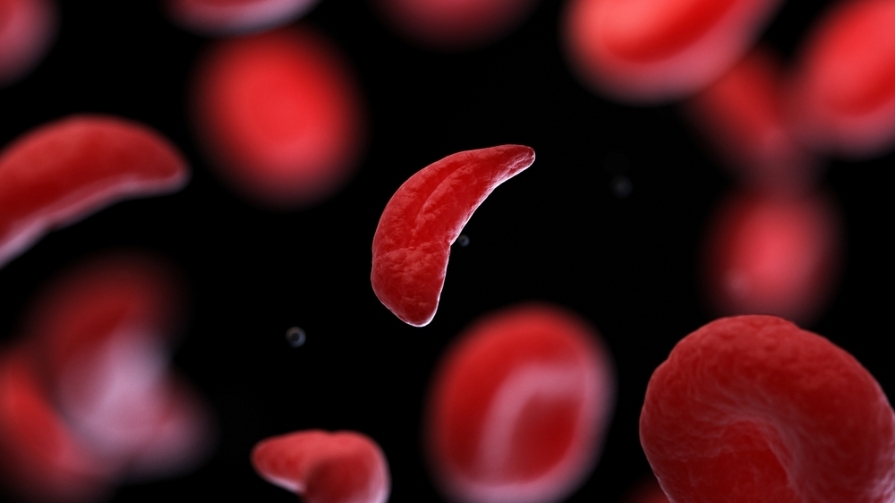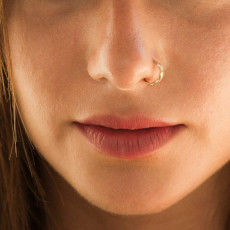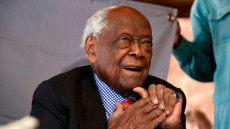- This genetic disorder affects red blood cells, leading to severe health issues like pain, swelling, and anemia.
- In Kenya, an estimated 14,000 children are born each year with the disease, and tragically, many do not survive beyond the age of five.
- "Save The Sicklers." aims to support sickle cell patients by offering health assistance and raising awareness about the disease.
Sickle Cell Anemia is a genetic disorder where red blood cells take on a sickle shape, becoming stiff and sticky. This leads to blocked blood flow, causing intense pain, swelling, and potential organ damage. The cells also die off quickly, resulting in chronic anemia.
Sickle Cell Anemia is a lifelong condition, and without proper medical care, it can lead to serious health complications. In Kenya, an estimated 14,000 children are born each year with the disease, and tragically, many do not survive beyond the age of five. The majority of cases are reported in Western Kenya and the Nyanza regions.
One of the major challenges for sickle cell patients in Kenya is the shortage of specialists, particularly hematologists—doctors who specialize in blood disorders like sickle cell.
Cultural beliefs also hinder treatment, with many communities attributing the disease to witchcraft. This stigma makes it difficult for patients and their families to seek and accept medical help.
"Most communities in Africa and especially Kenya are quite uninformed. They think it is witchcraft. Actually they think you've been bewitched," says Jacinta Ochieng, a sickle cell patient.
Read More
There is, however, hope for those affected. In August 2023, a group of young Sickle Cell activists from Nakuru and Nairobi counties founded an initiative called "Save The Sicklers." The group's mission is to support sickle cell patients by offering health assistance and raising awareness about the disease. So far, the organization has helped 15 patients access much-needed medical care and reached an estimated 1,000 people indirectly with its advocacy efforts.
One of the co-founders, Innocent Bahati, shared exciting news about the development of a device called ThermoSoothe, designed to alleviate the pain that sickle cell patients often endure.
"We have student partnerships across various universities here in Kenya, including Kabarak University, Mount Kenya University, Egerton University, and Catholic University," Bahati says, "and we use young people's voices to reach out to students with sickle cell so that we can help."

According to the World Health Organization (WHO), an estimated 120 million people worldwide are affected by sickle cell anemia, with 1,000 babies born with the condition every day in Africa alone. Last year, the disease claimed 265,000 lives, a figure nine times higher than those recorded in 2019.







-1732023080-md.jpg)




